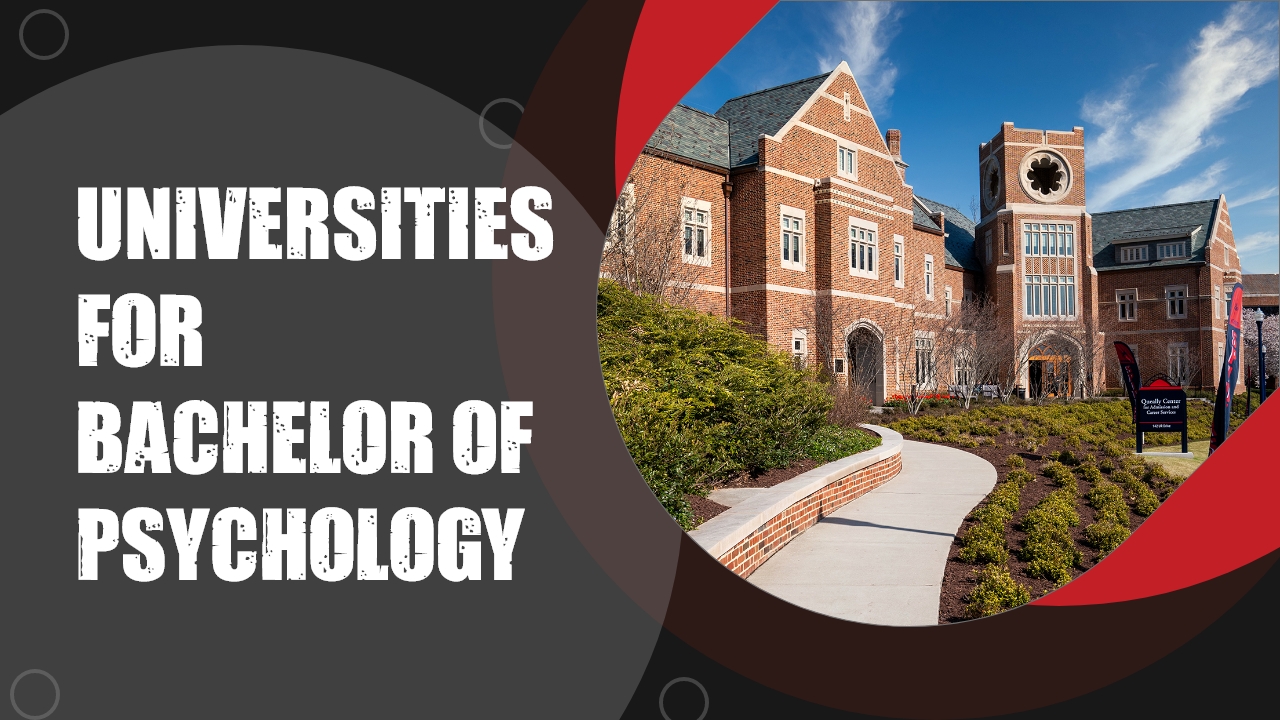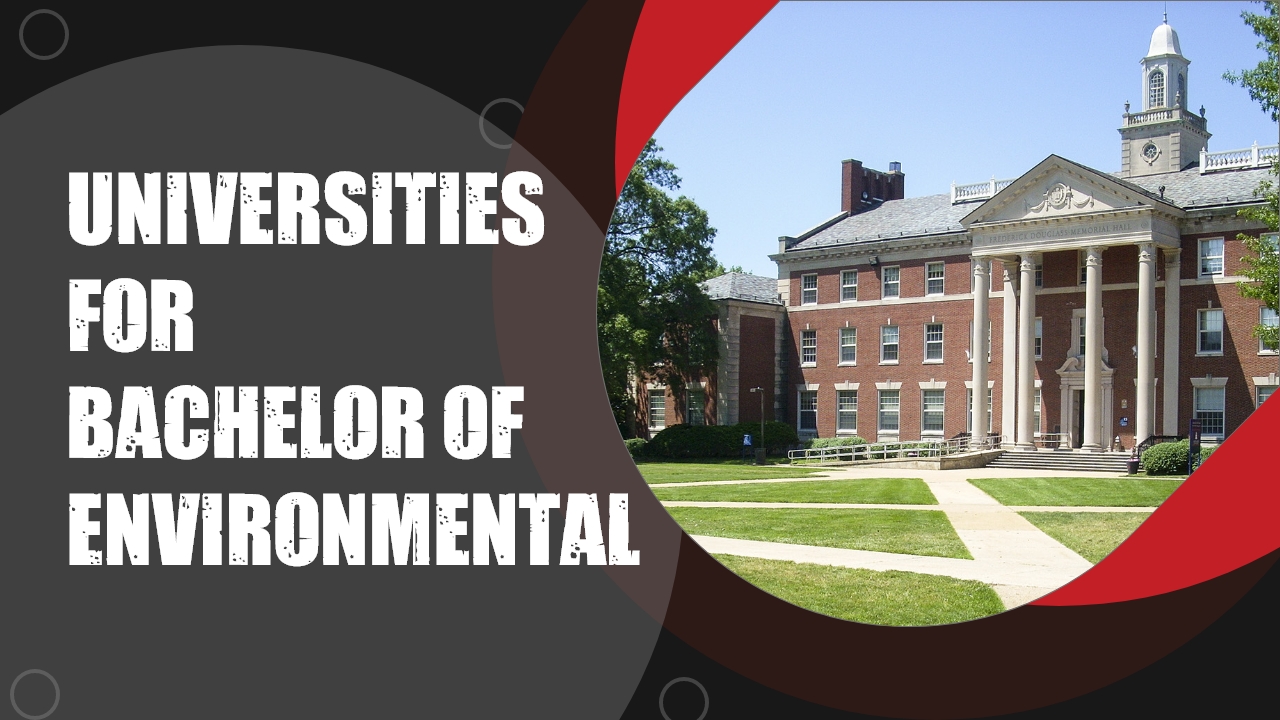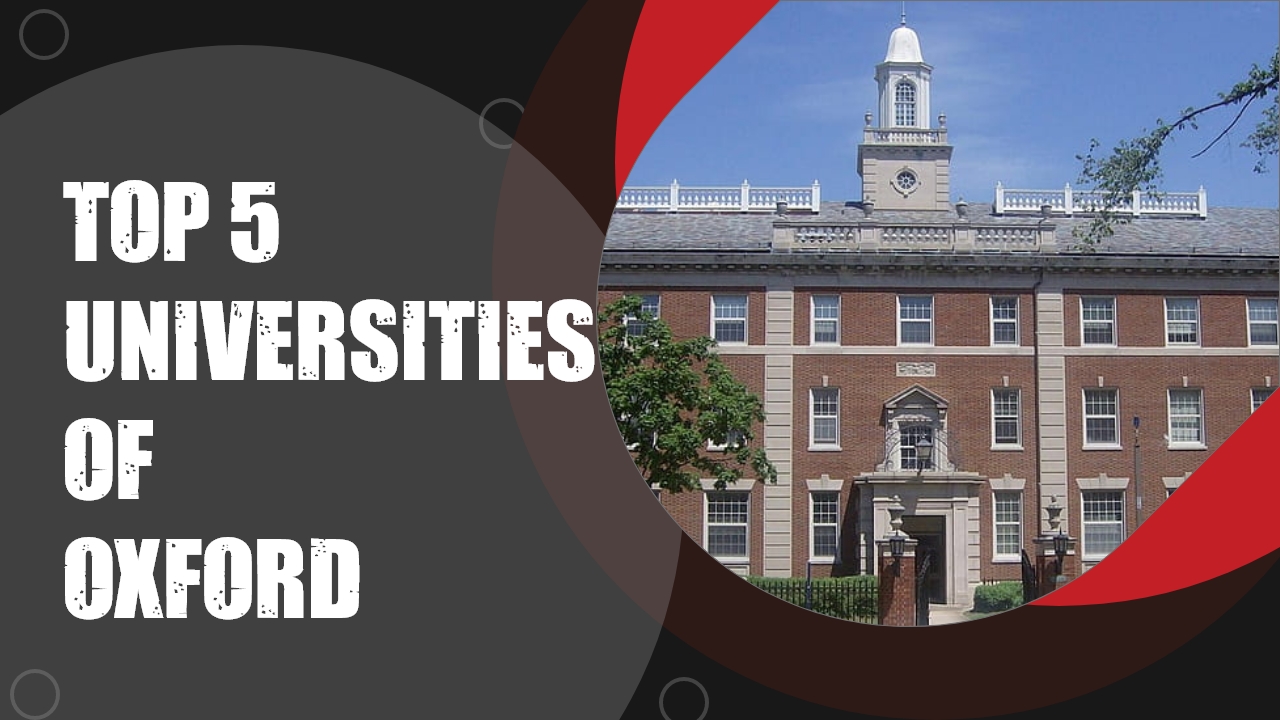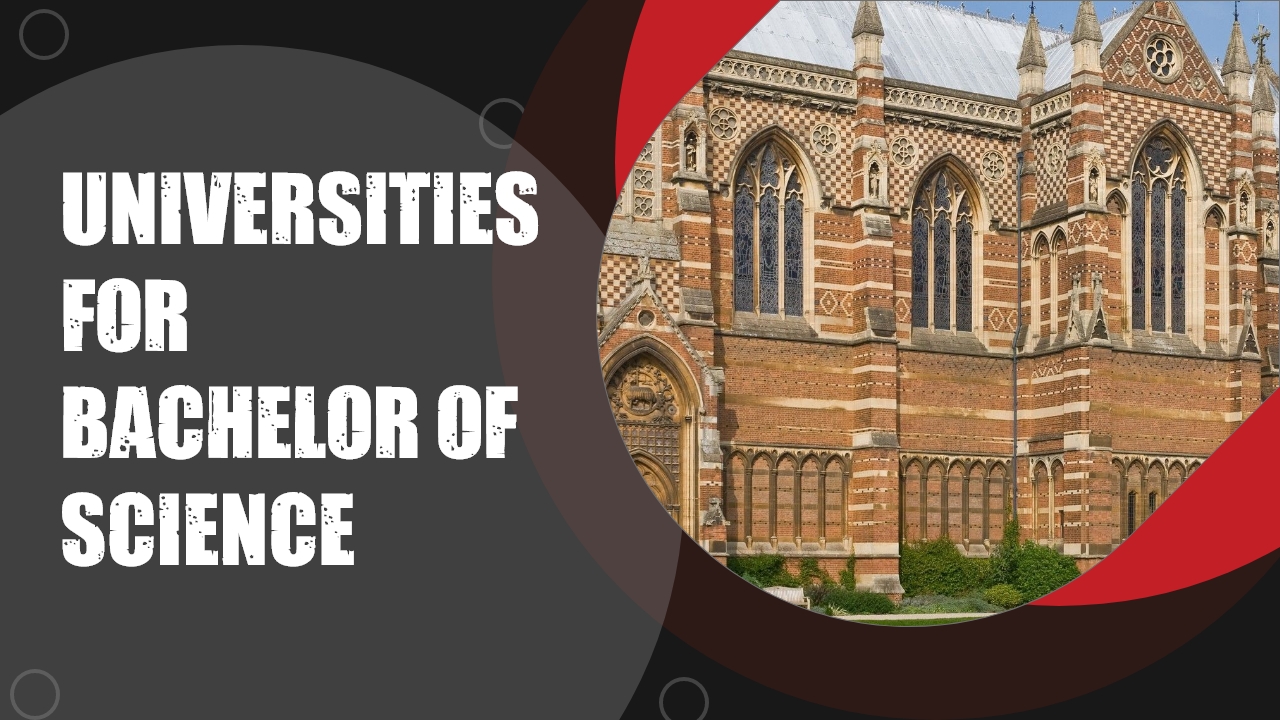University of Oxford: A Comprehensive Overview of the World’s Premier University kenocredits.com
The University of Oxford, located in Oxford, England, is one of the most prestigious and oldest universities in the world. With a rich history spanning over 900 years, Oxford has been a beacon of academic excellence and intellectual pursuit. This article provides an in-depth look at the University of Oxford, exploring its history, academic programs, unique collegiate system, notable alumni, and its impact on global education and research.
A Brief History
Founded in the 12th century, the University of Oxford is believed to be the oldest university in the English-speaking world. Its origins are somewhat shrouded in mystery, but records indicate that teaching existed at Oxford as early as 1096. The university gained prominence during the 13th century when its scholarly reputation began to attract students from across Europe.
Oxford has played a significant role in the intellectual and cultural development of the United Kingdom and the world. It has weathered wars, political upheavals, and social changes, evolving into a modern institution while preserving its historical traditions.
Academic Excellence
Oxford is renowned for its rigorous academic programs and outstanding research output. The university offers a wide range of undergraduate and graduate programs across various disciplines, including the humanities, social sciences, natural sciences, and medical sciences. Oxford’s commitment to academic excellence is reflected in its consistently high rankings in global university league tables.
Undergraduate Programs
Oxford’s undergraduate programs are structured to provide students with a strong theoretical foundation combined with practical experience. The university employs a distinctive tutorial system, where students engage in one-on-one or small-group sessions with leading experts in their field. This personalized approach ensures that students receive tailored guidance and support, fostering deep intellectual engagement and critical thinking.
Graduate Programs
The University of Oxford offers a diverse array of graduate programs, including master’s degrees, doctoral degrees, and professional qualifications. Oxford’s graduate programs are characterized by their research-intensive nature and emphasis on original contributions to knowledge. The university’s research facilities are state-of-the-art, and students benefit from access to cutting-edge resources and expert supervision.
The Collegiate System
One of Oxford’s most unique features is its collegiate system. The university is comprised of 39 autonomous colleges, each with its own distinct identity, traditions, and community. Colleges are responsible for providing accommodation, social activities, and additional academic support to their members.
Each college operates independently but is part of the larger University of Oxford framework. This system fosters a close-knit academic community, where students and faculty engage in collaborative learning and personal development. The collegiate system also promotes a sense of belonging and provides students with a supportive environment for their studies.
Research and Innovation
The University of Oxford is at the forefront of global research and innovation. Its research output is vast and varied, spanning disciplines such as medical sciences, engineering, social sciences, and humanities. Oxford’s research centers and institutes contribute to advancements in knowledge and address critical global challenges.
Oxford has a strong tradition of fostering interdisciplinary research, encouraging collaboration between different fields to tackle complex issues. The university’s commitment to research excellence is supported by substantial funding from government, private, and philanthropic sources.
Notable Alumni
Oxford’s long history has produced an impressive list of alumni who have made significant contributions to various fields. Some of the most notable alumni include:
- Sir Winston Churchill – Former Prime Minister of the United Kingdom and Nobel Laureate in Literature.
- Stephen Hawking – Renowned theoretical physicist and cosmologist.
- T. S. Eliot – Influential poet, essayist, and playwright.
- Indira Gandhi – Former Prime Minister of India.
- J.R.R. Tolkien – Author of “The Lord of the Rings” and “The Hobbit.”
These individuals represent just a fraction of Oxford’s extensive network of successful and influential alumni. The university’s graduates have made significant impacts in politics, science, literature, business, and the arts.
Global Impact
The University of Oxford’s influence extends far beyond the boundaries of the United Kingdom. Its international reputation attracts students and scholars from around the globe, creating a diverse and dynamic academic environment. Oxford’s global partnerships and collaborations contribute to its role as a leading institution in addressing global challenges and advancing knowledge.
The university is also actively involved in global development initiatives, addressing issues such as public health, climate change, and social justice. Oxford’s commitment to using research and education to make a positive impact on the world underscores its status as a premier institution.
Conclusion
The University of Oxford stands as a symbol of academic excellence, historical significance, and global influence. Its rich history, rigorous academic programs, unique collegiate system, and commitment to research and innovation make it a leading institution in higher education. Oxford’s impact on global education and its contributions to various fields of knowledge underscore its status as one of the world’s premier universities. For students, researchers, and scholars seeking to be at the forefront of intellectual and professional development, the University of Oxford represents an unparalleled opportunity to engage with a tradition of excellence and a future of discovery.









